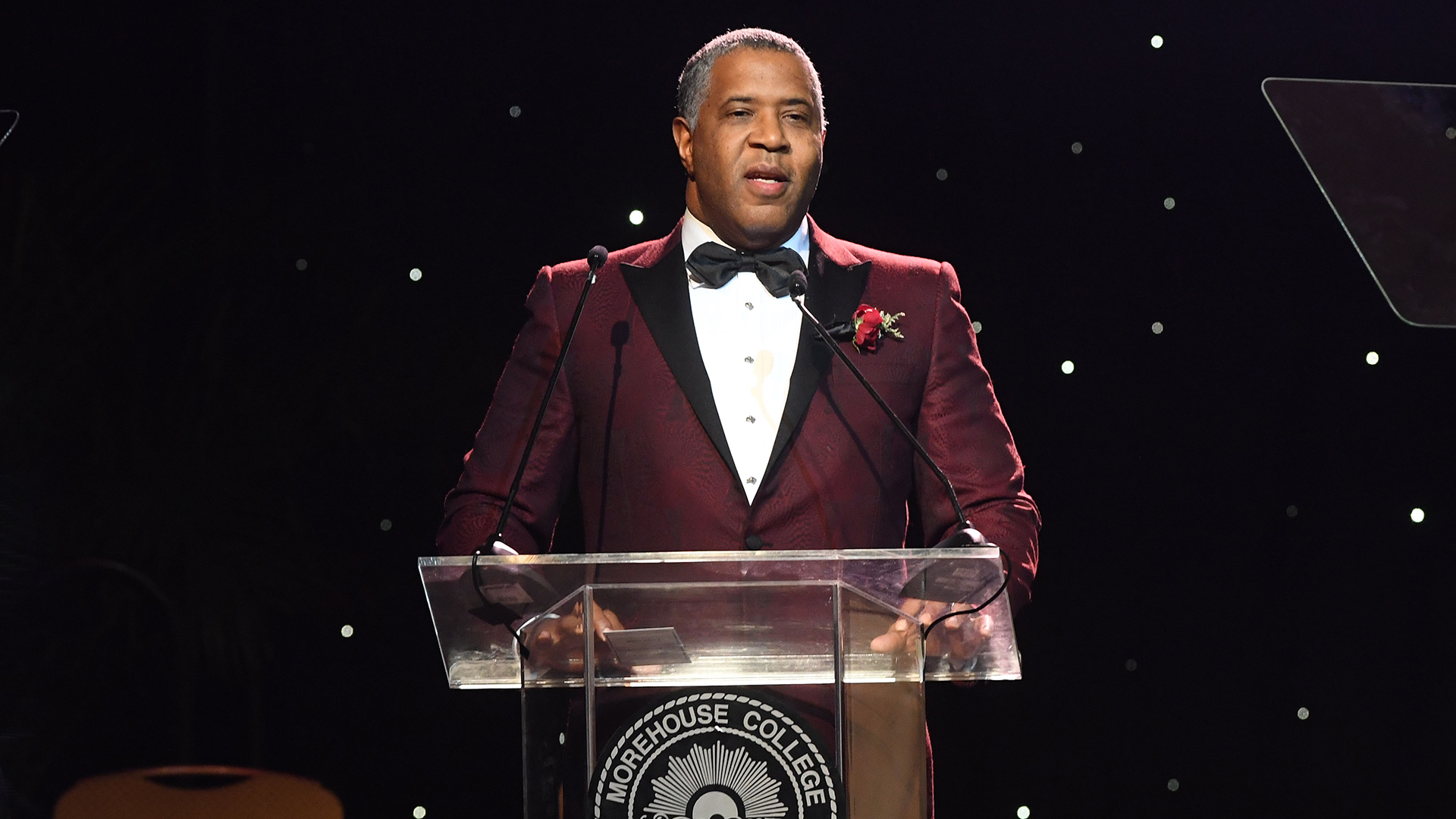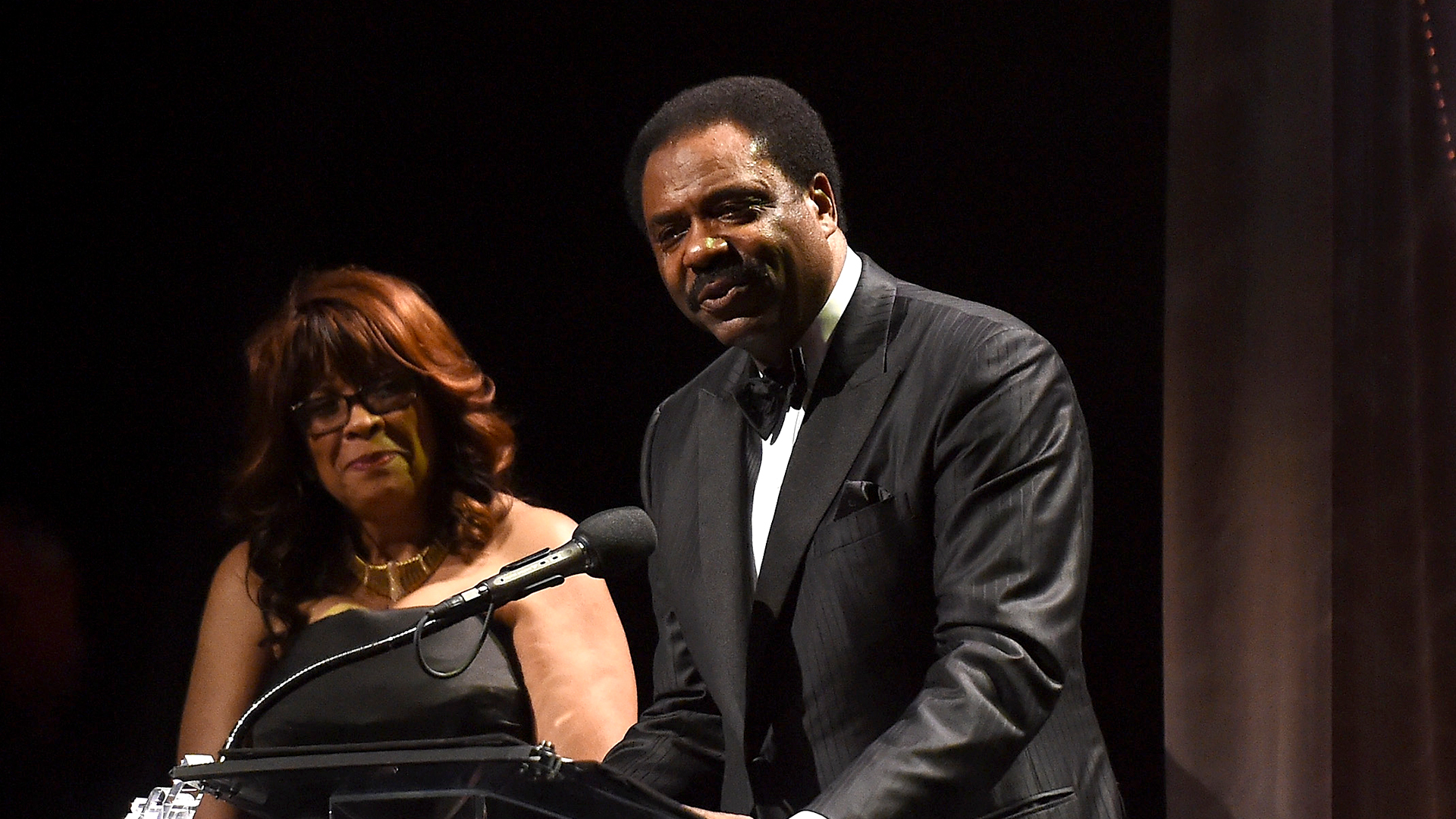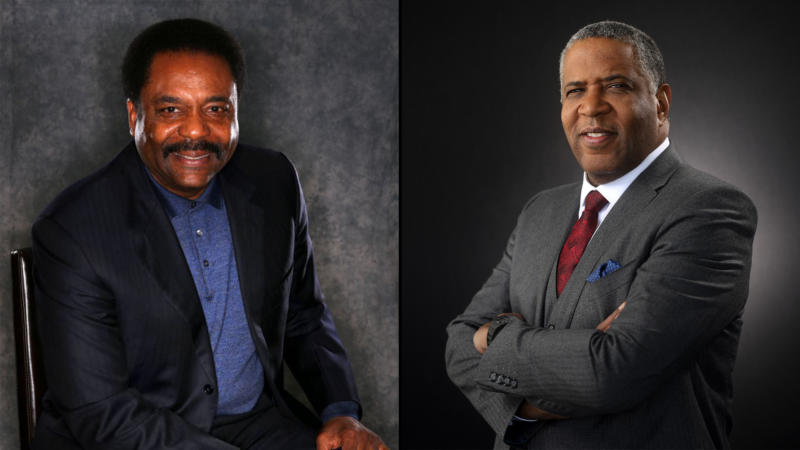Forbes has dropped its annual list of 400 Richest Americans.
For the fourth year in a row, Jeff Bezos — the founder of Amazon — was No. 1 on the list. According to the outlet, he’s worth $201 billion, which is a staggering $22 billion more than where he was last year on the list. Right behind Bezos is America’s favorite problematic dude-bro, Elon Musk, who is worth a little over $190 billion. Mark Zuckerberg, the man behind Facebook, Instagram and WhatsApp comes in at No. 3 with just under $135 billion in net worth. Bill Gates is No. 4 on the Forbes Richest Americans list, with a slightly lower net worth than Zuckerberg ($134 billion). And rounding out the top five is Larry Page, who recently stepped down as the CEO of Google but still remains a controlling shareholder and board member — and who has a $123 billion net worth.
Yet, despite the diversity of the richest Americans on the Forbes list in nearly every other way, one group remains largely unrepresented on the list: Black professionals. Specifically, zero Black women made the list of the Forbes 400 Richest Americans, and only two Black men made the list.
Let’s take a look at the two Black men who made the list, and how they made their fortunes.
141. Robert F. Smith

He’s a philanthropist, a billionaire, and a controversial figure. But Robert F. Smith is one of two Black men who made the list of Forbes 400 Richest Americans. He founded Vista Equity Partners in 2000. For the past 20-plus years, he’s exclusively invested in software companies. According to Forbes, he comes in at No. 141 on the Forbes 400 Richest Americans list, with a net worth of $6.7 billion.
182. David Steward

David Steward is the second Black man on the Forbes 400 Richest Americans list — and he actually shares his 182nd ranking with five other people (Peter Gassner, Min Kao, Henry Nicholas III, Gary Rollins, and Fred Smith of FedEx). As the founder and chairman of IT provider World Wide Technology, David Steward has a net worth of $5.8 billion, according to Forbes.


